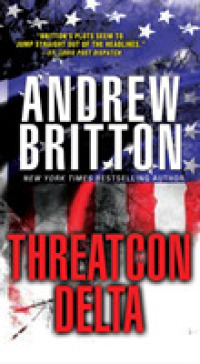- ホーム
- > 洋書
- > 英文書
- > Literature / Classics
Full Description
As China joins the capitalist world economy, the problems of social disintegration that gave rise to the earlier revolutionary social movements are becoming pressing. Instead of viewing the Chinese Revolution as an academic study, these essays suggest that the motifs of the Revolution are still alive and relevant. The slogan "Farewell to Revolution" that obscures the revolutionary language is premature. In spite of dislocations and ruptures in the revolutionary language, to rethink this discourse is to revisit a history in terms of sedimented layers of linguistic meanings and political aspirations. Earlier meanings of revolutionary words may persist or coexist with non-revolutionary rivals. Recovery of the vital uses of key revolutionary words proffers critical alternatives in which contemporary capitalist myths can be contested.
Contents
Understanding the Chinese Revolution Through Words: An Introduction
Ban Wang
1. Revolution: From Literary Revolution to Revolutionary Literature
Jianhua Chen
2. The Long March
Enhua Zhang
3. Rectification: Party Discipline, Intellectual Remolding, and the Formation of a Political Community
Kirk Denton
4. Worker-Peasant-Soldier's Literature
Xiaomei Chen
5. Steel Is Made Through Persistent Tempering
Xinmin Liu
6. Socialist Realism
Ban Wang
7. Political Lyric
Xin Ning
8. Writing the Actual
Charles Laughlin
9. Nowhere in the World Does There Exist Love or Hatred Without Reason
Haiyan Lee
10. Promote Physical Culture and Sport, Improve the People's Constitution
Xiaoning Lu
11. Typical People in Typical Circumstances
Richard King
12. Use the Past to Serve the Present; the Foreign to Serve China
Tina Mai Chen
13. Women Can Hold up Half the Sky
Xueping Zhong
14. Let a Hundred Flowers Blossom, Let a Hundred Schools of Thought Contend
Richard Kraus
15. They Love Battle Array, Not Silks and Satins
Tina Mai Chen
16. The Three Prominences
Yizhong Gu
17. Revolutionary Narrative in the Seventeen Years Period
Guo Bingru








